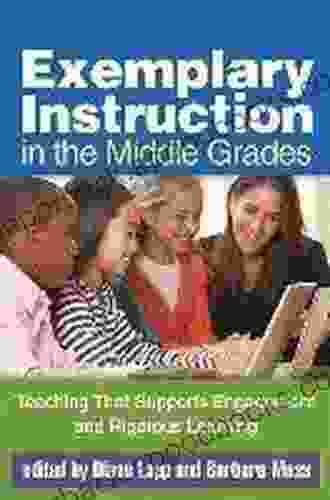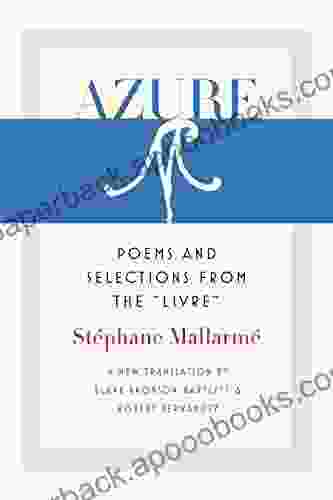Teaching That Supports Engagement and Rigorous Learning: A Comprehensive Guide for Educators

: The Imperative of Engaging Students in the Learning Process
In the ever-evolving landscape of education, it is paramount for educators to adopt pedagogical approaches that not only impart knowledge but also cultivate student engagement and foster a passion for learning. Research unequivocally demonstrates that when students are engaged in the learning process, they experience higher levels of academic achievement, develop critical thinking skills, and cultivate a lifelong love for learning. The responsibility for fostering student engagement falls squarely on the shoulders of educators, who must intentionally design learning experiences that cater to diverse learning styles, interests, and aspirations.
4.5 out of 5
| Language | : | English |
| File size | : | 7213 KB |
| Text-to-Speech | : | Enabled |
| Screen Reader | : | Supported |
| Enhanced typesetting | : | Enabled |
| Word Wise | : | Enabled |
| Print length | : | 353 pages |
Chapter 1: The Science of Engagement: Understanding the Cognitive and Affective Factors
This chapter delves into the scientific underpinnings of student engagement, unraveling the intricate interplay of cognitive and affective factors that influence how students interact with learning content. Educators will gain insights into the neurobiological mechanisms that drive attention, motivation, and learning. By understanding these fundamental principles, educators can tailor their teaching practices to optimize student engagement and create a classroom environment that promotes deep understanding.
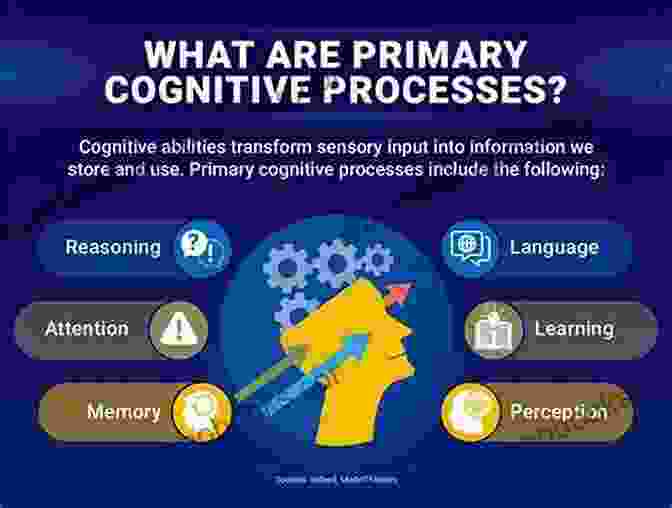
Chapter 2: Engaging Strategies for the Classroom: Research-Based Practices for All Learners
Chapter 2 presents a comprehensive toolkit of research-based strategies that educators can implement to foster engagement in the classroom. These strategies encompass active learning techniques, differentiated instruction, technology integration, and cooperative learning models. Educators will discover how to create a classroom environment that is both intellectually stimulating and supportive, fostering a sense of belonging and empowering students to take ownership of their learning.
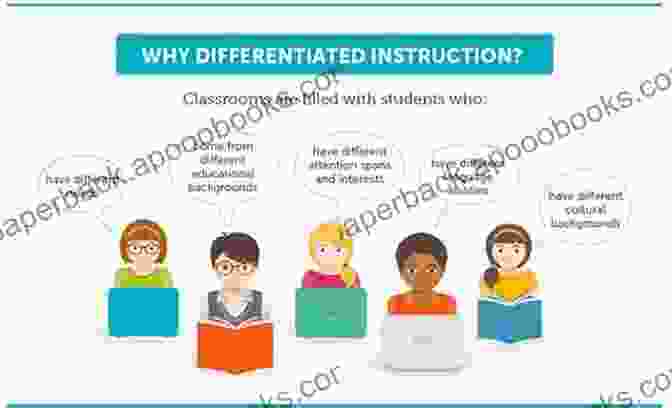
Chapter 3: Case Studies from the Trenches: Inspiring Success Stories from the Field
This chapter brings theory to life by showcasing inspiring case studies from educators who have successfully implemented engaging practices in their classrooms. These real-world examples illustrate the transformative power of student-centered learning and provide educators with practical insights into how to adapt and apply effective strategies in their own teaching contexts. From flipped classrooms to project-based learning, these case studies offer a wealth of proven techniques that can be replicated to enhance student engagement and academic outcomes.

Chapter 4: Assessment for Engagement: Measuring Progress and Providing Feedback
Chapter 4 emphasizes the importance of ongoing assessment in gauging student engagement and providing meaningful feedback. Educators will explore a range of assessment techniques, including formative assessments, self-assessments, and peer assessments. By understanding how to effectively measure engagement, educators can pinpoint areas for improvement and adjust their teaching practices accordingly. This chapter empowers educators to create a feedback-rich classroom culture that promotes growth, reflection, and continuous improvement.
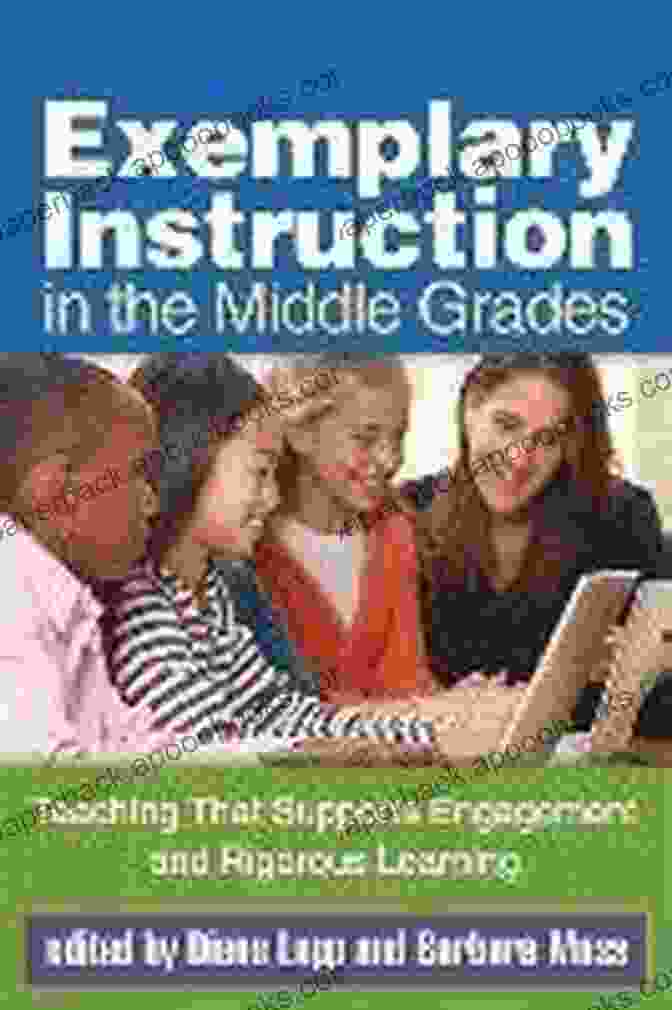
Chapter 5: The Role of Technology in Engagement: Harnessing Digital Tools to Enhance Learning
In today's digital age, technology plays a pivotal role in enhancing student engagement. Chapter 5 explores the pedagogical implications of technology integration and provides practical guidance on how to leverage digital tools to create interactive learning experiences. Educators will learn how to utilize technology to differentiate instruction, provide personalized feedback, and promote collaboration among students.

Chapter 6: Building a Classroom Community of Learners: Creating a Positive and Inclusive Learning Environment
A sense of community is essential for fostering student engagement and academic success. Chapter 6 focuses on the importance of establishing a positive and inclusive classroom environment where students feel valued, respected, and connected to their peers and educators. This chapter provides practical strategies for building strong classroom communities, promoting collaboration, and addressing diversity and equity issues.

: A Call to Action for Educators
In the concluding chapter, the authors issue a call to action for educators to embrace the principles and practices outlined in this book. They emphasize the urgent need for educators to prioritize student engagement and create learning environments that are both academically rigorous and intellectually stimulating. By empowering educators with the knowledge, skills, and inspiration to foster engagement, this book aims to ignite a movement towards teaching that transforms students into lifelong learners, critical thinkers, and active contributors to society.
For educators who are ready to embark on this transformative journey, 'Teaching That Supports Engagement and Rigorous Learning' is an indispensable resource. It provides a comprehensive roadmap for creating classrooms where students are actively engaged, intellectually challenged, and empowered to achieve their full potential.
Free Download Your Copy Today!
4.5 out of 5
| Language | : | English |
| File size | : | 7213 KB |
| Text-to-Speech | : | Enabled |
| Screen Reader | : | Supported |
| Enhanced typesetting | : | Enabled |
| Word Wise | : | Enabled |
| Print length | : | 353 pages |
Do you want to contribute by writing guest posts on this blog?
Please contact us and send us a resume of previous articles that you have written.
 Book
Book Novel
Novel Page
Page Chapter
Chapter Text
Text Story
Story Genre
Genre Reader
Reader Library
Library Paperback
Paperback E-book
E-book Magazine
Magazine Newspaper
Newspaper Paragraph
Paragraph Sentence
Sentence Bookmark
Bookmark Shelf
Shelf Glossary
Glossary Bibliography
Bibliography Foreword
Foreword Preface
Preface Synopsis
Synopsis Annotation
Annotation Footnote
Footnote Manuscript
Manuscript Scroll
Scroll Codex
Codex Tome
Tome Bestseller
Bestseller Classics
Classics Library card
Library card Narrative
Narrative Biography
Biography Autobiography
Autobiography Memoir
Memoir Reference
Reference Encyclopedia
Encyclopedia Robert E Cripe
Robert E Cripe Matt Schild
Matt Schild Joanna Wojdon
Joanna Wojdon Steve Ashton
Steve Ashton Jenny Holmes
Jenny Holmes John F Kowal
John F Kowal Julie Zhuo
Julie Zhuo Francisco Florimon
Francisco Florimon Pablo E Cisneros
Pablo E Cisneros Ted Campbell
Ted Campbell Jean Pierre Perrin
Jean Pierre Perrin Jenny Lovett
Jenny Lovett Jenny Ashcroft
Jenny Ashcroft Palmer Jones
Palmer Jones Scott Jasper
Scott Jasper William G Brueggemann
William G Brueggemann Kenneth Johnstone
Kenneth Johnstone Nancy Mckenzie
Nancy Mckenzie Jonathan Schell
Jonathan Schell Jeremy Allen
Jeremy Allen
Light bulbAdvertise smarter! Our strategic ad space ensures maximum exposure. Reserve your spot today!

 Mike HayesInside Nest America, the Secret Nuclear Bomb Squad that Shielded America from...
Mike HayesInside Nest America, the Secret Nuclear Bomb Squad that Shielded America from... George MartinFollow ·14.9k
George MartinFollow ·14.9k Adam HayesFollow ·2.5k
Adam HayesFollow ·2.5k Eugene ScottFollow ·13.9k
Eugene ScottFollow ·13.9k Kenneth ParkerFollow ·7.3k
Kenneth ParkerFollow ·7.3k Brian BellFollow ·17.5k
Brian BellFollow ·17.5k Dean CoxFollow ·17.5k
Dean CoxFollow ·17.5k Milan KunderaFollow ·15.9k
Milan KunderaFollow ·15.9k David BaldacciFollow ·12.3k
David BaldacciFollow ·12.3k

 Preston Simmons
Preston SimmonsEmbark on a Literary Odyssey with "Walking on Water": A...
Prepare to be swept...
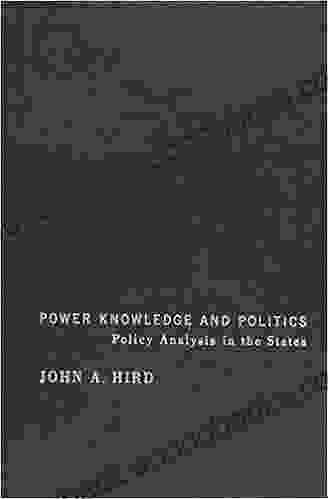
 Ernesto Sabato
Ernesto SabatoUnlocking Policy Analysis: Dive into the Intricacies of...
: The Realm of Policy...
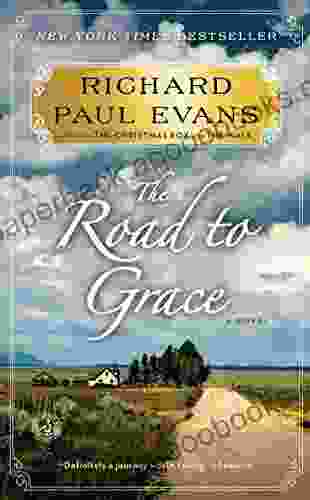
 Forrest Reed
Forrest ReedThe Road to Grace Walk: A Journey of Spiritual Growth and...
In the tapestry of life, we...

 Evan Simmons
Evan SimmonsTip Neill and the Democratic Century: A Political Odyssey...
The Rise of a Political Giant In the...

 Mark Mitchell
Mark MitchellUnwrap the Magic: A Review of Christmas Memory by Richard...
As the cold winter months draw near, and...

 Percy Bysshe Shelley
Percy Bysshe ShelleyBeyond the Veil: Delve into the Realm of Spirit with In...
Unveiling the Mysteries of the Unseen...
4.5 out of 5
| Language | : | English |
| File size | : | 7213 KB |
| Text-to-Speech | : | Enabled |
| Screen Reader | : | Supported |
| Enhanced typesetting | : | Enabled |
| Word Wise | : | Enabled |
| Print length | : | 353 pages |


